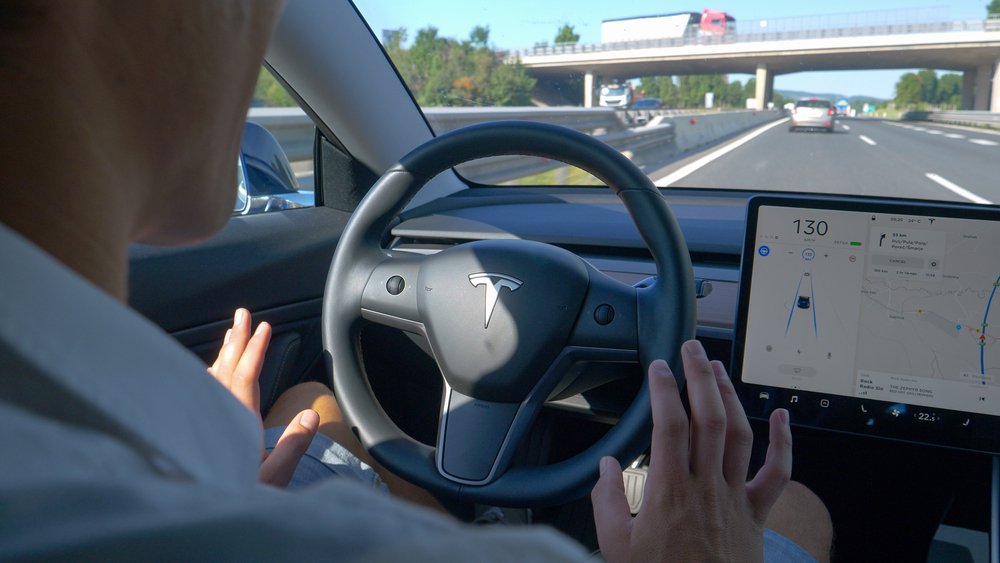
Trust in fully automated, self-driving vehicles has fallen for the second year in a row.
The J.D. Power 2023 U.S. Mobility Confidence Index (MCI) Study reported that the index score for consumer automated vehicle readiness dropped two points to 37 out of 100. That’s a five-point drop from 2021.
On all metrics, consumers are showing a low level of readiness towards the technology, with the lowest level of comfort riding in a fully automated, self-driving vehicle and using fully automated, self-driving public transit.
The report pointed to a lack of general knowledge about AV technology development that’s having media coverage highlighting robotaxi and testing failures added on top impacting public opinion and consumer comfort.
However, when having been in a robotaxi, confidence takes off. When experiencing one in Phoenix or San Francisco, consumers have a score of 67, nearly double the overall index score. This shows, the report said, the impact of not having been in a robotaxi and proves that experience is critical to the success of the technology.
“These positive firsthand experiences need to be shared with the public to educate, providing balance to the negative news cycle,” the report said.
“Consumer trust is fragile, but it is the foundation upon which long-term AV acceptance is built,” said Lisa Boor, senior manager of auto benchmarking and mobility development at J.D. Power. “This first-time feedback from robotaxi riders shows significant growth in consumer comfort levels across any AV application. Industry stakeholders must seize the opportunity to build confidence and promote the technology across all transportation modalities through these first-hand experiences but, for success, it cannot be overshadowed by endless deployment issues.”
Trust is built over time but can erode quickly, said Bryan Reimer, research scientist in the AgeLab at the MIT Center for Transportation and Logistics and a founder of MIT’s Advanced Vehicle Technology Consortium.
“Stakeholders may need to find new ways to proactively educate potential users on the advantages and current limitations of vehicle automation systems,” he said in the report. “Automated driving technology is still very much in an evolving and testing stage with improvements occurring quickly. Consumers’ understanding of where we are on the path to long-term automated mobility needs to be calibrated as today’s systems are not designed to enable more risky driving.”

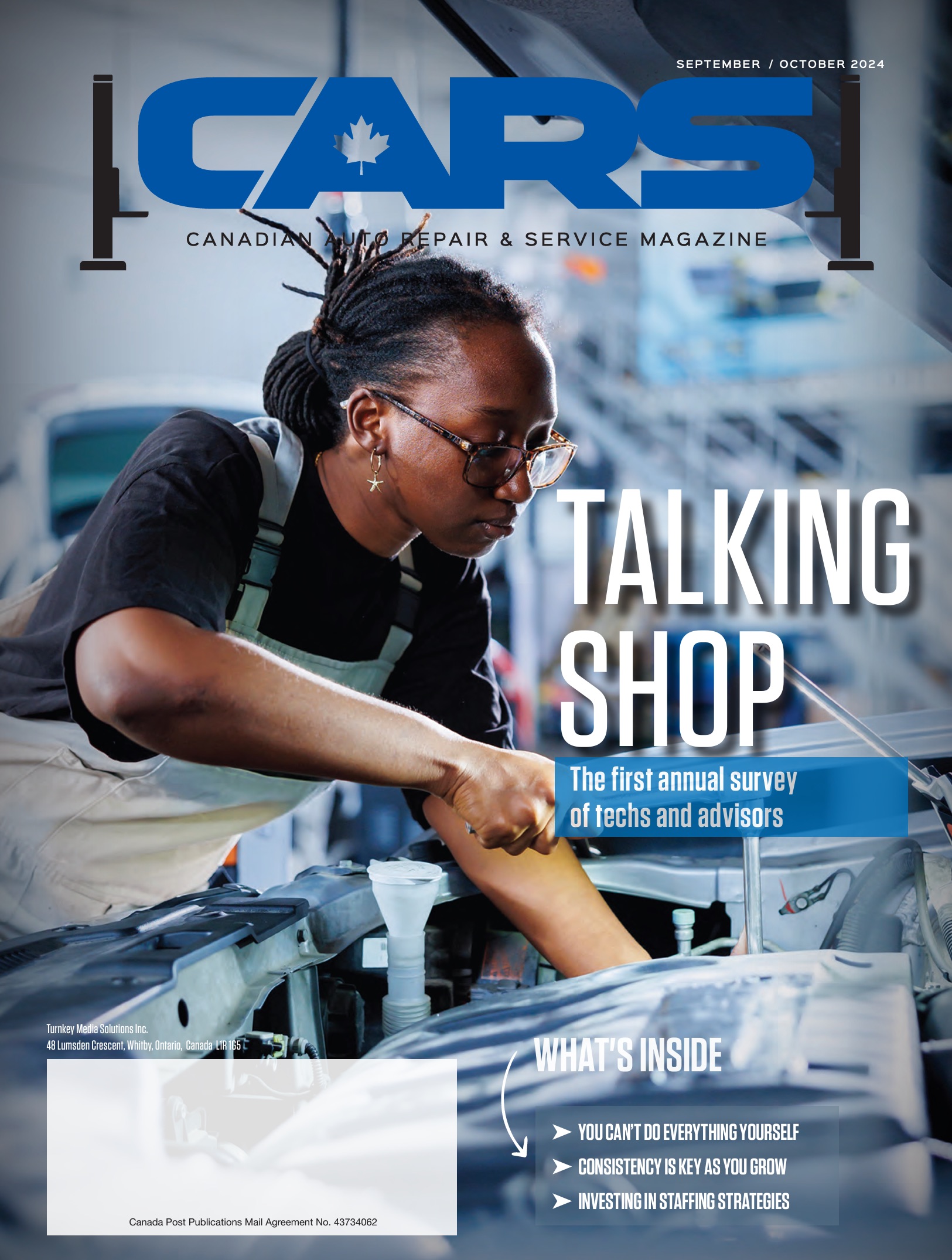
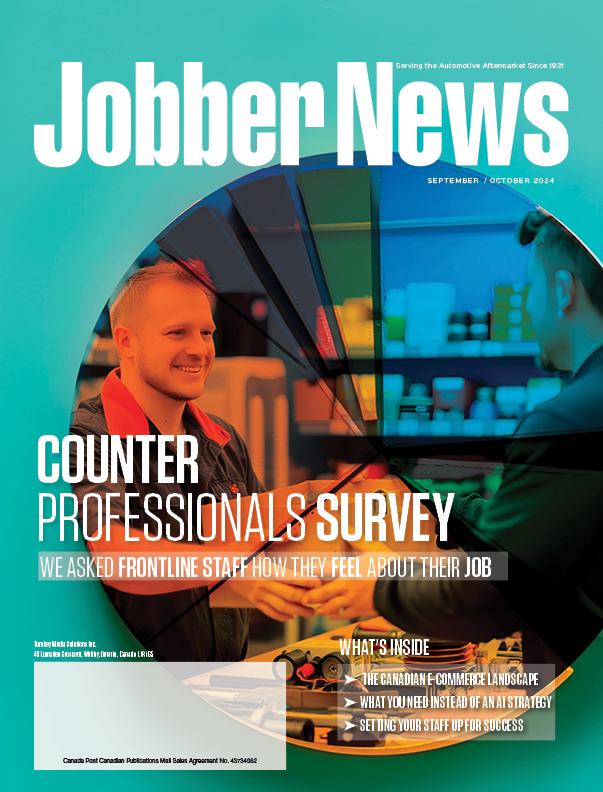
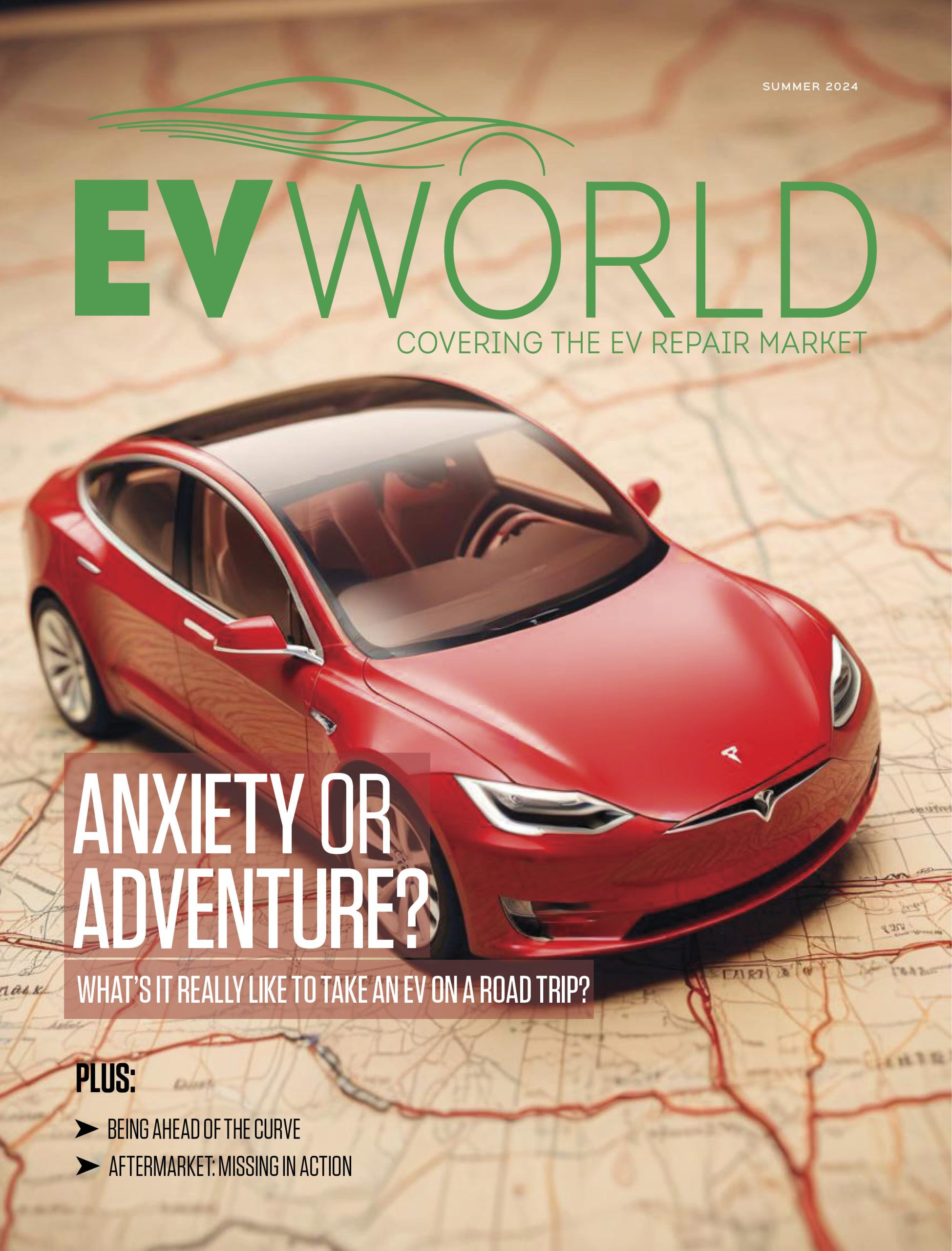







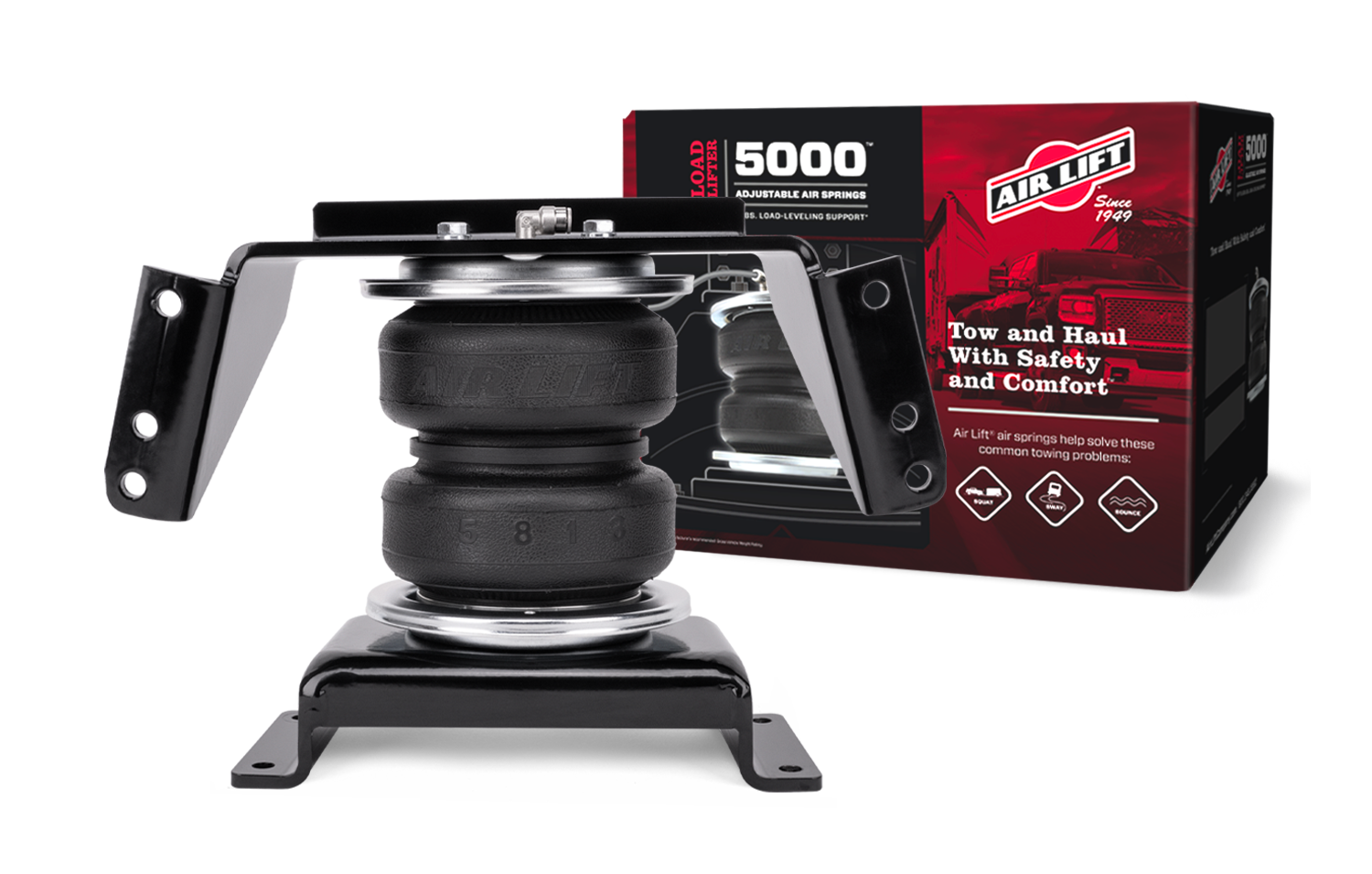
Leave a Reply